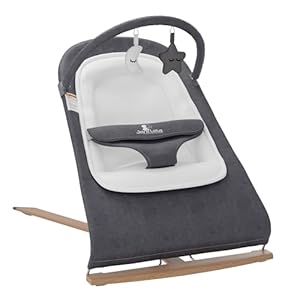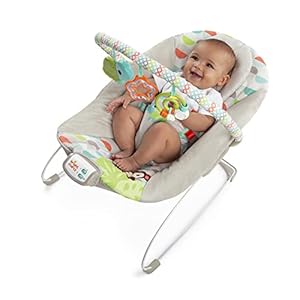
After giving birth, you have been through a significant physical experience that can deplete your body of essential nutrients. Ensuring you provide your body with the right supplements is crucial for your postpartum recovery and well-being. But which supplements specifically should you focus on? Stay tuned to discover the key supplements that can support your body during this crucial phase and aid in your overall recovery journey.
Essential Nutrients
After giving birth, your body requires essential nutrients to aid in recovery and maintain your health. Ensuring you consume a balanced diet rich in vitamins and minerals is crucial during this postpartum period. Iron is one of the most important nutrients to focus on, as it helps replenish the iron stores depleted during childbirth and prevents anemia. Incorporating foods like lean meats, beans, and leafy green vegetables can help boost your iron levels.
Additionally, consuming foods high in calcium is essential for bone health, especially if you’re breastfeeding. Dairy products, fortified plant-based milks, and leafy greens are excellent sources of calcium. Vitamin D is also crucial as it aids in the absorption of calcium. Exposure to sunlight and fortified foods can help you meet your vitamin D needs.
Furthermore, including foods rich in protein, such as poultry, fish, eggs, and legumes, can support tissue repair and muscle recovery post-delivery. Hydration is key too, so be sure to drink plenty of water throughout the day to stay well-hydrated and support your body’s healing process.
Omega-3 Fatty Acids
To support your postpartum recovery and overall health, incorporating foods rich in omega-3 fatty acids is beneficial. Omega-3 fatty acids are essential fats that play a crucial role in various bodily functions, including brain health, reducing inflammation, and supporting heart health. After giving birth, your body may benefit from the anti-inflammatory properties of omega-3s, which can help with healing and reducing postpartum inflammation.
Including sources of omega-3 fatty acids in your diet, such as fatty fish like salmon, mackerel, or sardines, can be highly beneficial. If you’re vegetarian or vegan, options like flaxseeds, chia seeds, walnuts, and algae-based supplements are excellent plant-based sources of omega-3s. These foods can help you meet your body’s increased demands for nutrients during the postpartum period.
Omega-3 fatty acids are also important for your baby’s development if you’re breastfeeding, as they contribute to the growth of your baby’s brain and eyes. By prioritizing omega-3-rich foods in your diet, you can support both your own recovery and your baby’s health during this critical time.
Probiotics
Incorporating probiotics into your postpartum diet can support your gut health and overall well-being. After giving birth, your body undergoes various changes, and taking care of your gut health is essential.
Probiotics are beneficial bacteria that can help restore the natural balance of your gut microbiota, which may have been disrupted during pregnancy and childbirth. These live microorganisms can aid in digestion, nutrient absorption, and immune function, which are crucial aspects of your postpartum recovery.
Including probiotic-rich foods like yogurt, kefir, sauerkraut, and kimchi in your diet can be a great way to introduce these beneficial bacteria. Alternatively, you may opt for probiotic supplements, which can provide a concentrated dose of probiotics to support your gut health more effectively.
Make sure to choose a high-quality supplement that contains a variety of probiotic strains to reap the maximum benefits.
Vitamin D
Opt for a vitamin D supplement to support your postpartum health and well-being. Vitamin D plays a crucial role in maintaining strong bones, regulating mood, and supporting your immune system. After giving birth, your body needs extra support to recover and adapt to the new demands of motherhood.
During pregnancy, your baby’s development may have depleted your own vitamin D levels. Supplementing with vitamin D can help replenish these stores and ensure both you and your baby have adequate levels for optimal health. Additionally, if you’re breastfeeding, vitamin D supplementation is important as breast milk may not provide enough of this essential nutrient.
Exposure to sunlight is one way your body naturally produces vitamin D, but factors like weather, location, and time constraints can limit this source. A supplement can help bridge this gap and ensure you’re getting enough of this vital nutrient. Consult with your healthcare provider to determine the right dosage for you based on your individual needs and circumstances.
Baby products














